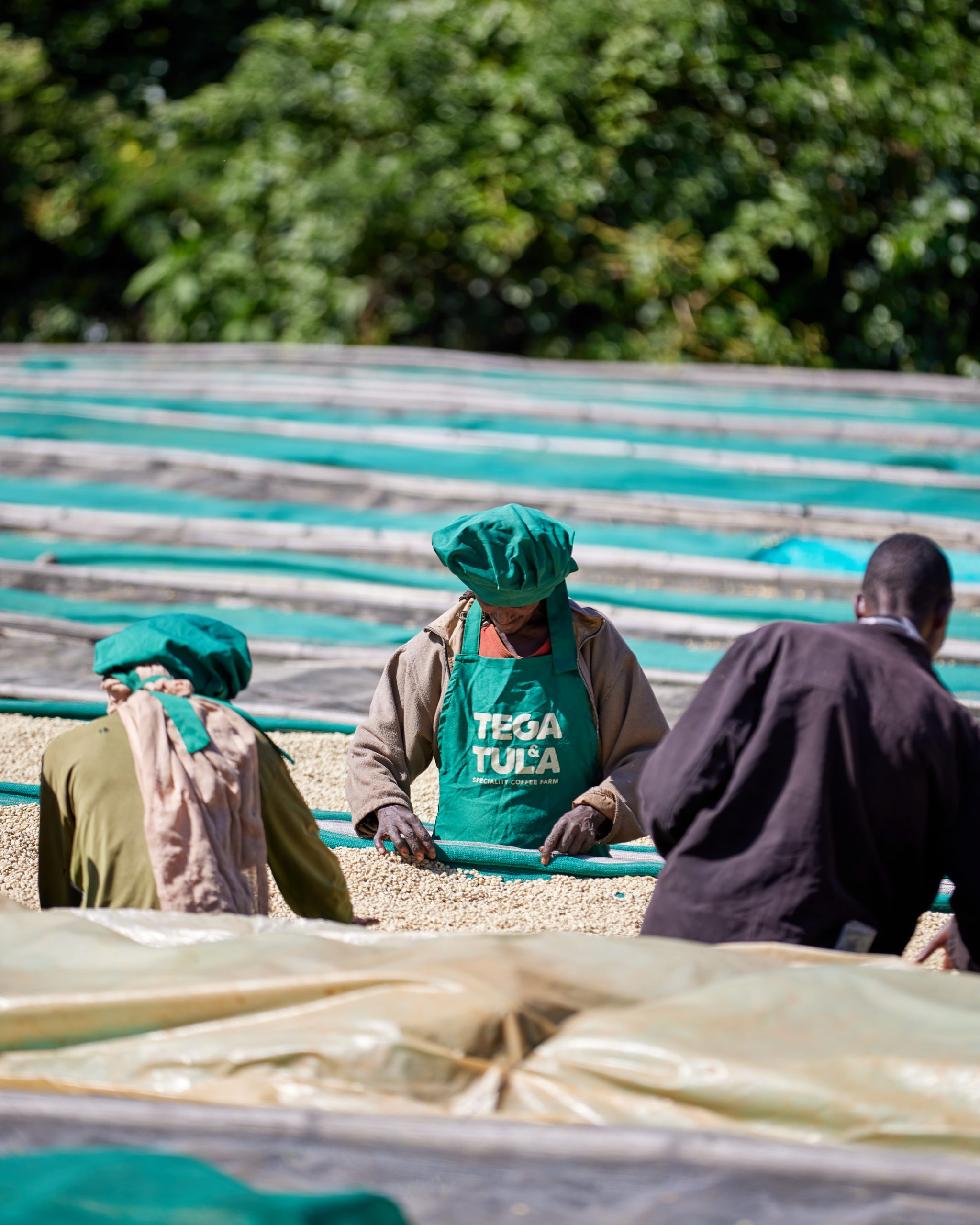
An Interview with Ahadu Woubshet, owner of Tega & Tula Specialty Coffee Farms
Watch our latest video – a profile of Tega & Tula in Kaffa, Ethiopia.

Watch our latest video – a profile of Tega & Tula in Kaffa, Ethiopia.

Watch our newest video – a profile of Tega & Tula in Kaffa, Ethiopia.

Meet Ashok Patre, a third-generation producer revolutionizing coffee production and processing in the Karnataka State. Watch our interview with him, and learn more about his farm, Ratnagiri Estates.

As a nimble and independently owned importer, we recognize that a roaster’s selections can only be made in advance with real-time information. Our green buying team is passionate about working actively with producers at origin throughout the year and sharing their knowledge and experiences with roasters like you.

Watch our most recent public educational event now, discussing all things anaerobic fermentation in coffee processing. Find out how to be part of the next conversation!
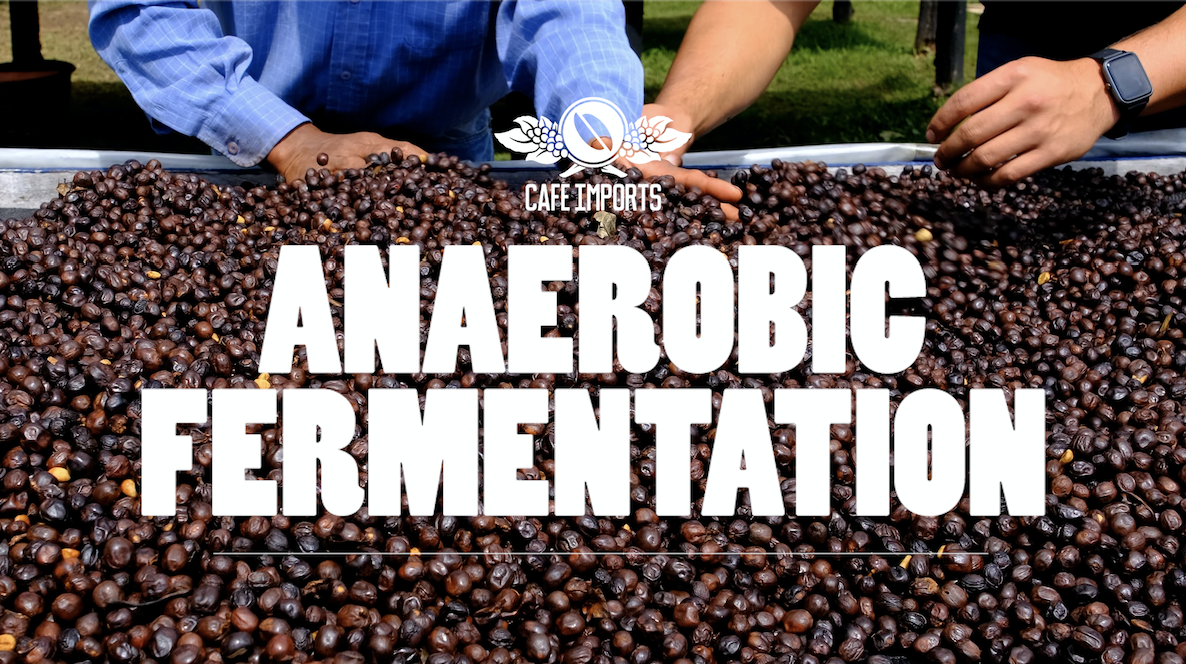
Interest in innovative post-harvest processing styles is building across the coffee supply chain. Producers and consumers are seeing benefits like unique flavor profiles that add value to coffee, help producers, processors, mills, farms, and coffees stand out from the crowd, and help diversify offerings.
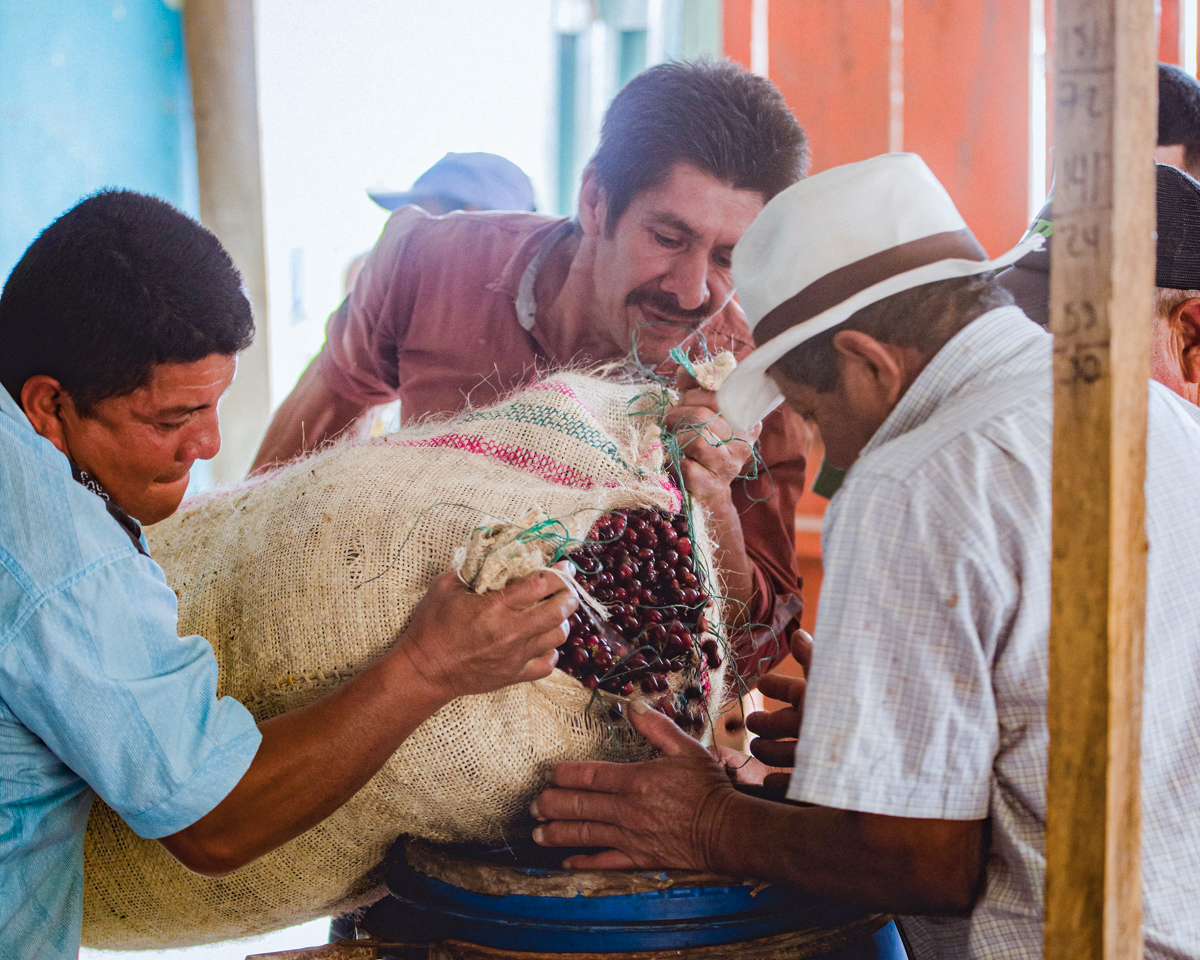
Finca Juan Martin and Manos Juntas are two different projects, both striving to make coffee production more profitable for producers and consistently delicious for consumers, all under the Banexport umbrella. Banexport is our longstanding partner and friend, sourcing and exporting many of our Cauca, Huila, and Nariño offerings. Their commitment to quality, sustainability, and economic equality for producers is exemplified in their projects, particularly Finca Juan Martin and Manos Juntas.
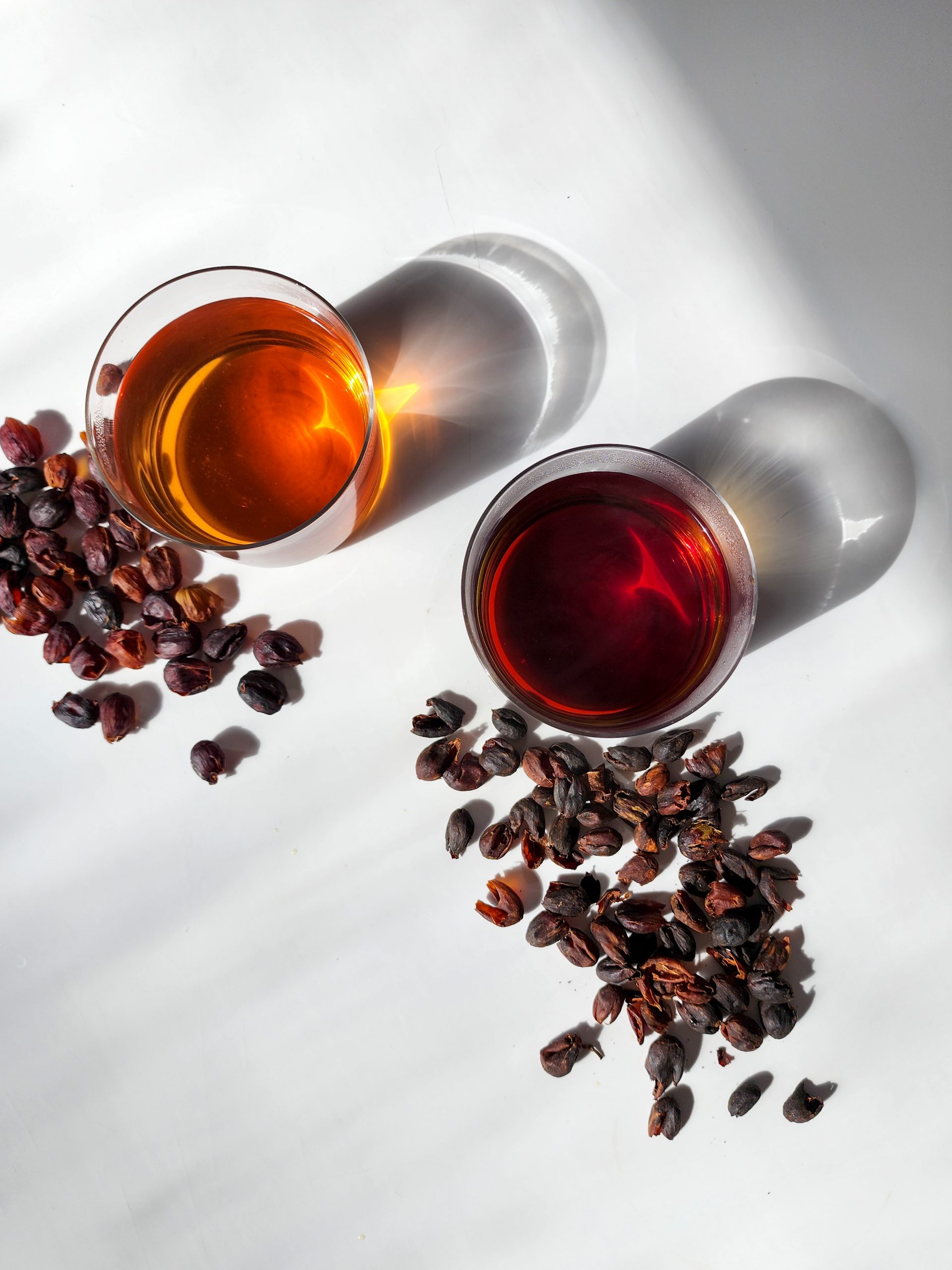
When coffee is processed, the layers of skin, fruit, and parchment are broken down and removed, leaving behind the seeds we roast and brew. Those discarded layers once provided life and protection to the seeds, but don’t have to all go to waste. The skin of the coffee cherry can be dried and sold as a singular product called Cascara.
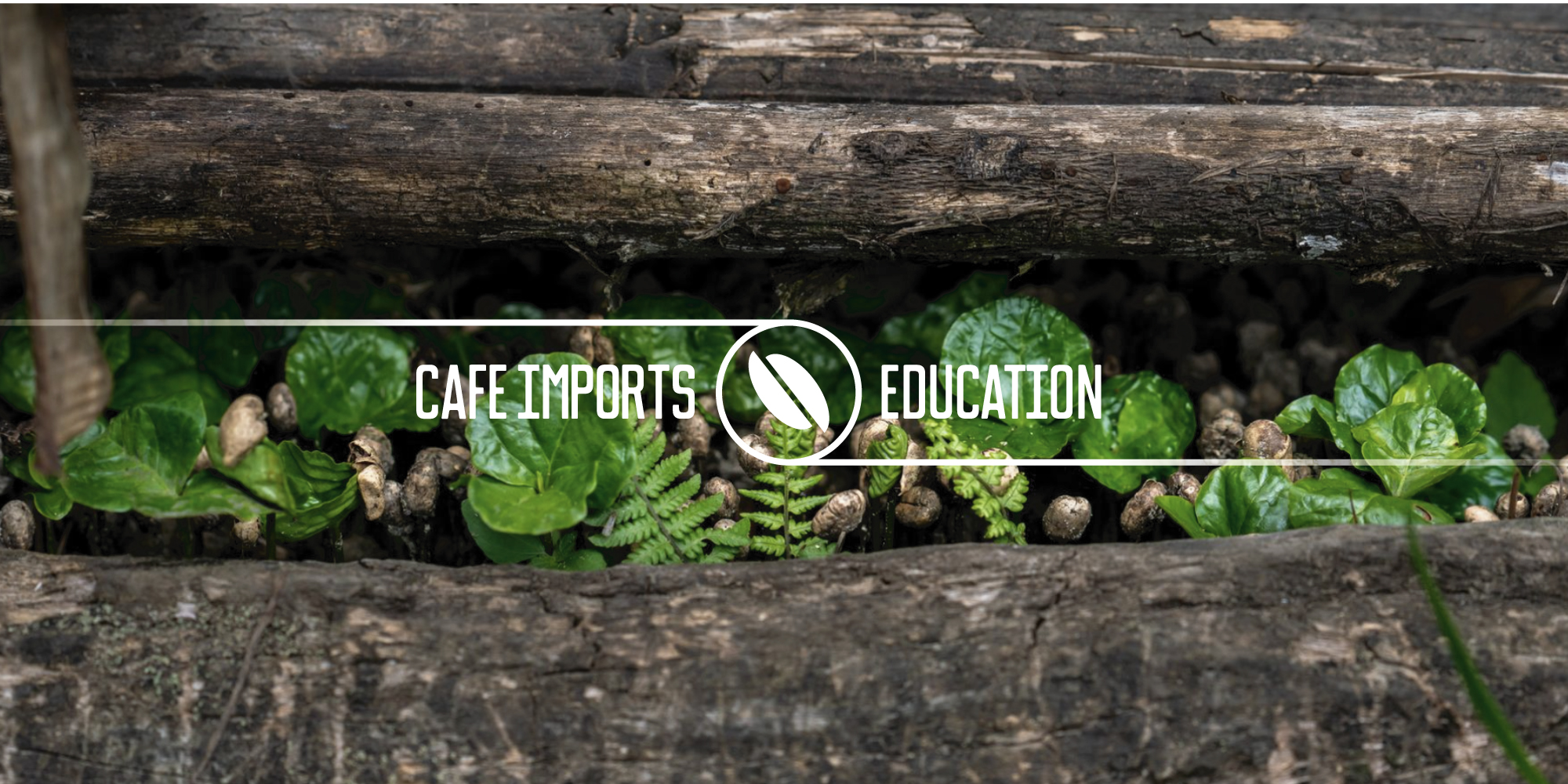
We couldn’t be more excited to announce the addition of two new faces to Cafe Imports, representing our Education team.
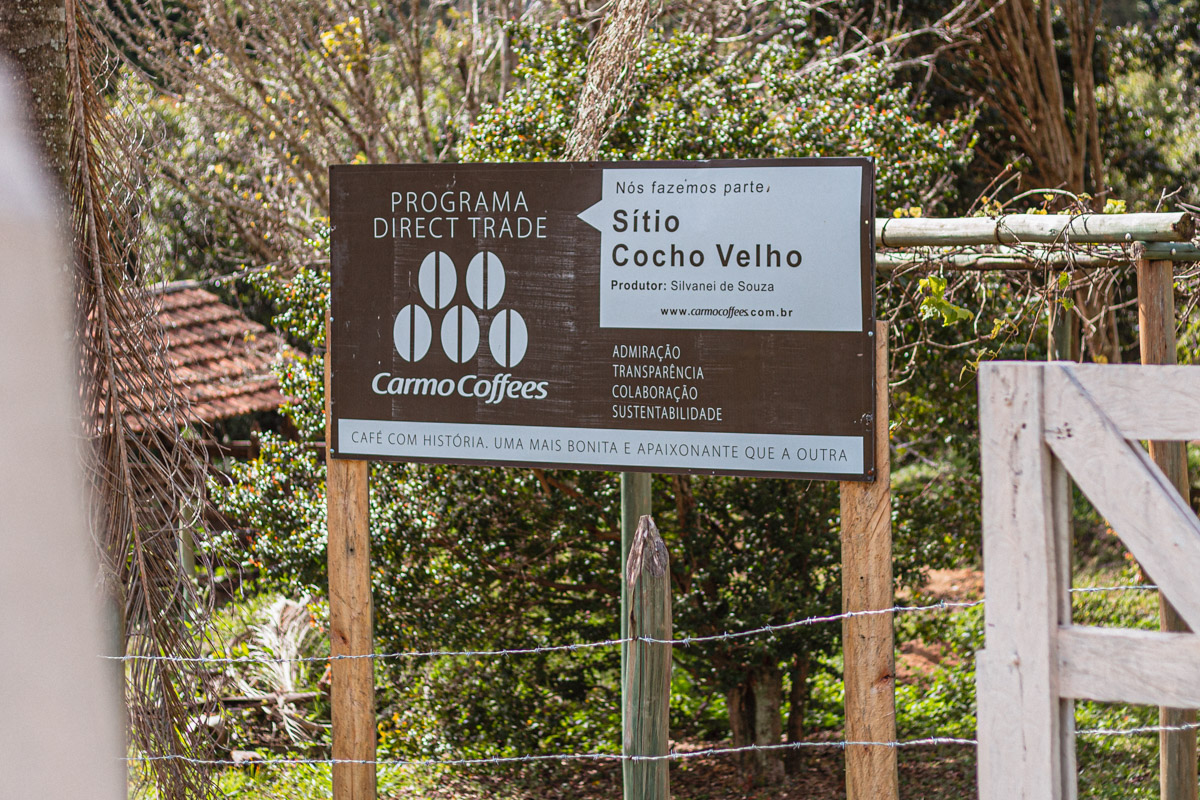
The mid-to-late 2000s saw the emergence of “direct trade” as coffee-sourcing concept that was designed to be something of an evolution of the certification programs that already existed in coffee at that time, specifically Fair Trade/Fairtrade. The benefits of those certifications seemed evident—organic certs provide environmental protection, Fair Trade provides financial protection—but lacked a component that was especially significant to specialty-coffee companies: cup quality.
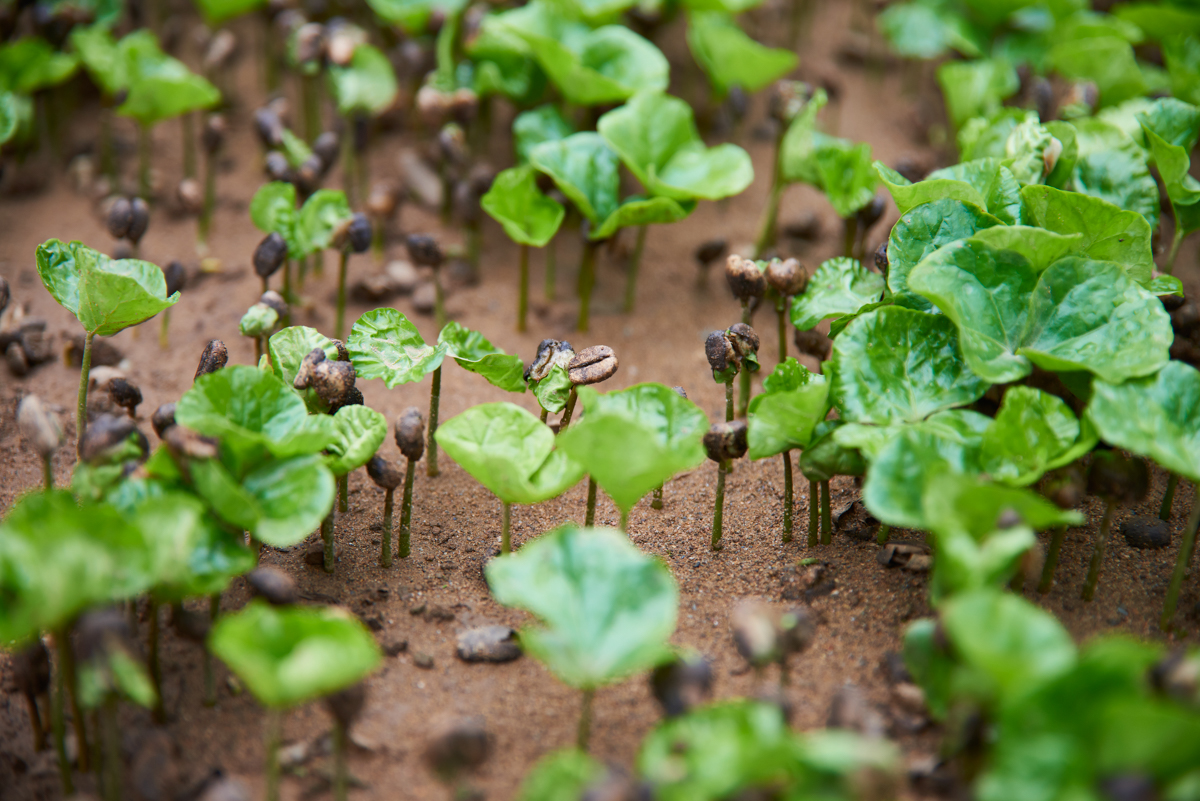
This fourth post covers the Non-GMO Project Verified Product certification. While this is not a common certification for coffee products, Cafe Imports has held Non-GMO Project certification since 2016 and we thought it might be valuable to share our reasoning and the requirements for this particular mark.
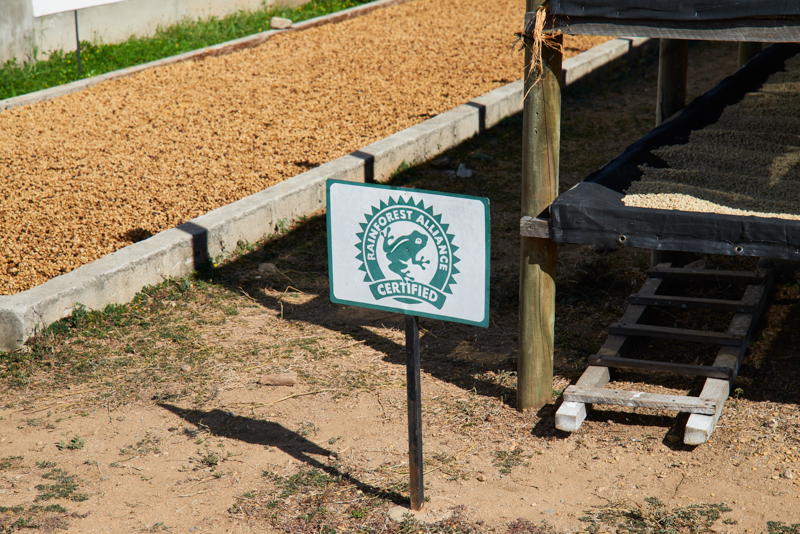
In the third post of this series, we’ll take a close look at Rainforest Alliance (also known as Rainforest Alliance/UTZ or RFA/UTZ) certification, so you can explore the holistic nature of this program and its in-depth look at the environmental, social, and economic conditions coffee farmers face.
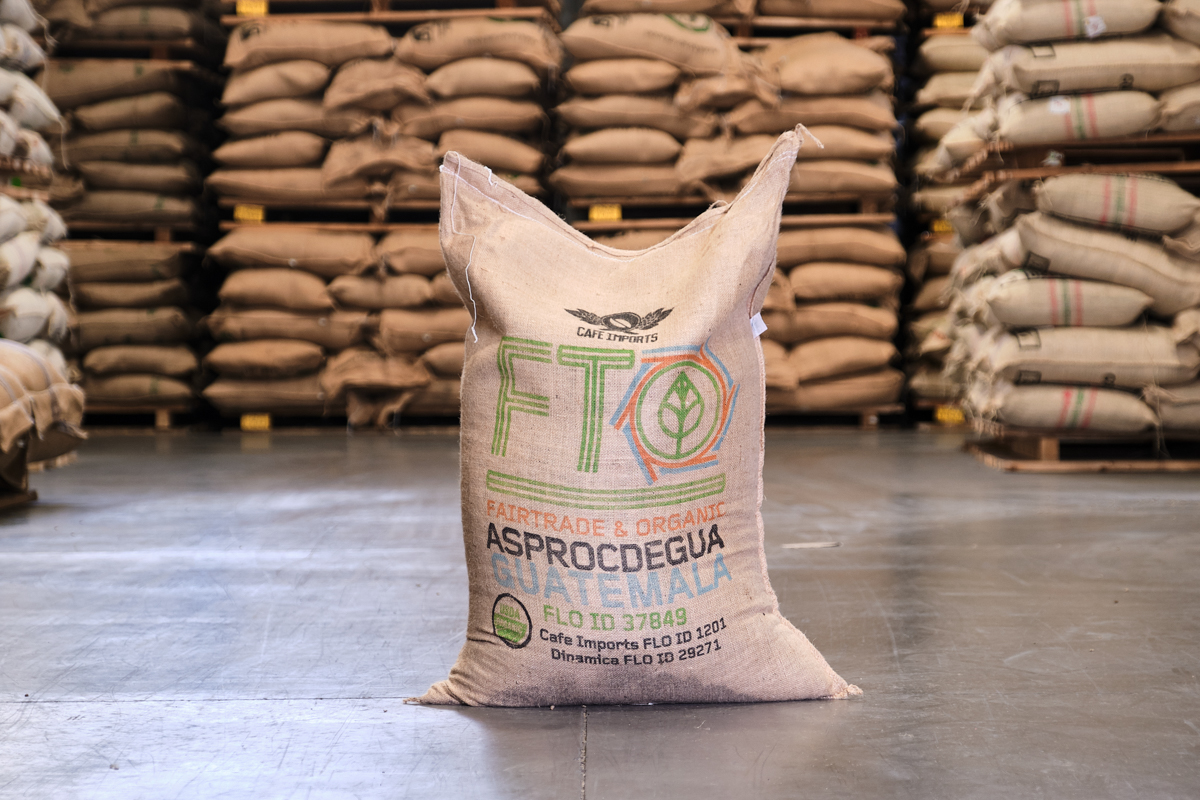
In the second post of this series, we’ll explore what “Fair Trade” means around the world, the potential benefits and drawbacks, and how to become certified.
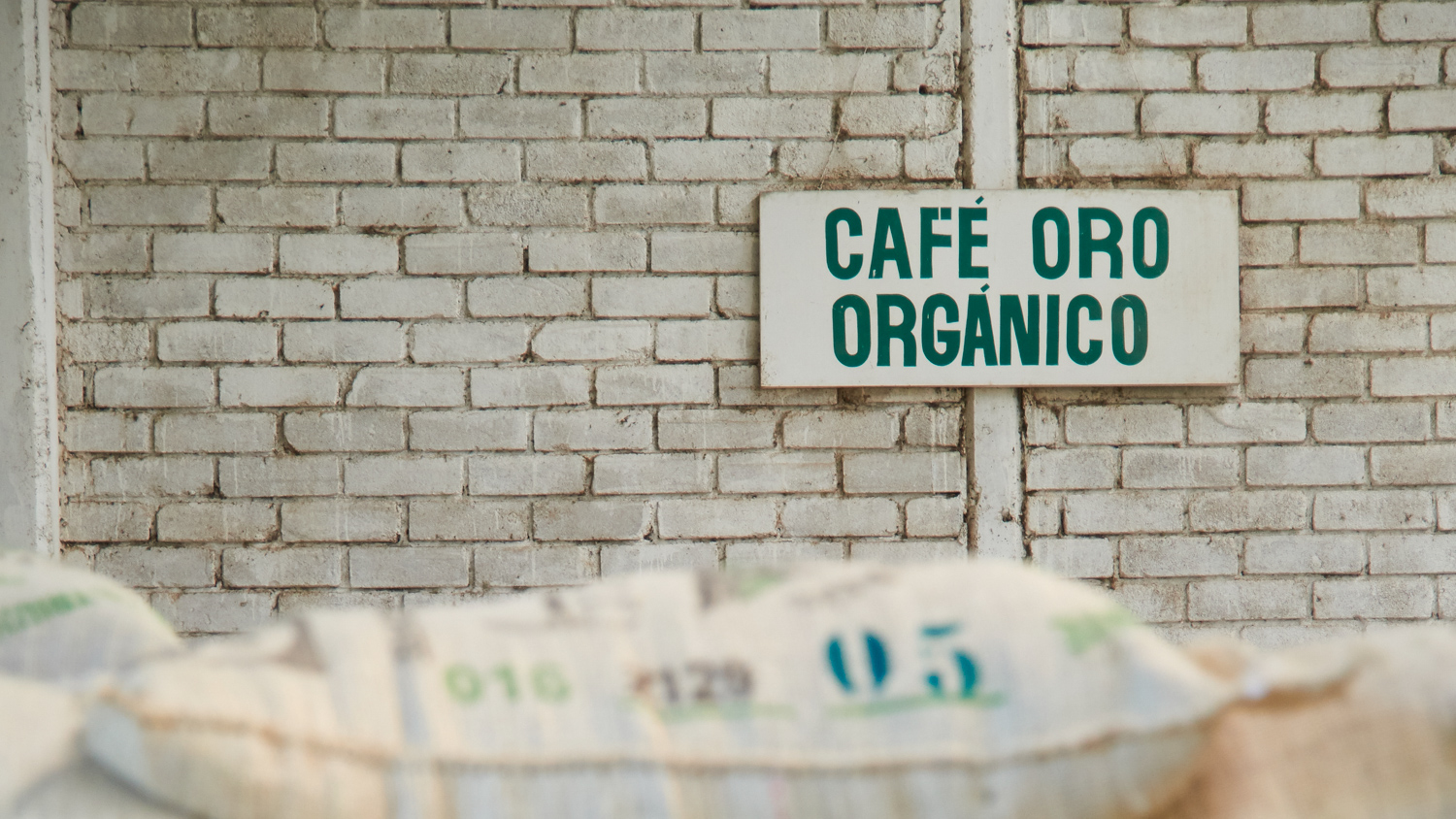
If you’re curious about certifications, this series is for you: Over the course of several blog posts, we’ll explore some of the existing certifications that are available for specialty green coffee, including taking a look at their mission, standards, and whatever auditing or other requirements are important for you to know.

Introducing Cafe Imports Office Hours, a casual regular get-together on Zoom so we can catch up, geek out, and talk about coffee together. Click here to read more and find out how to join us!
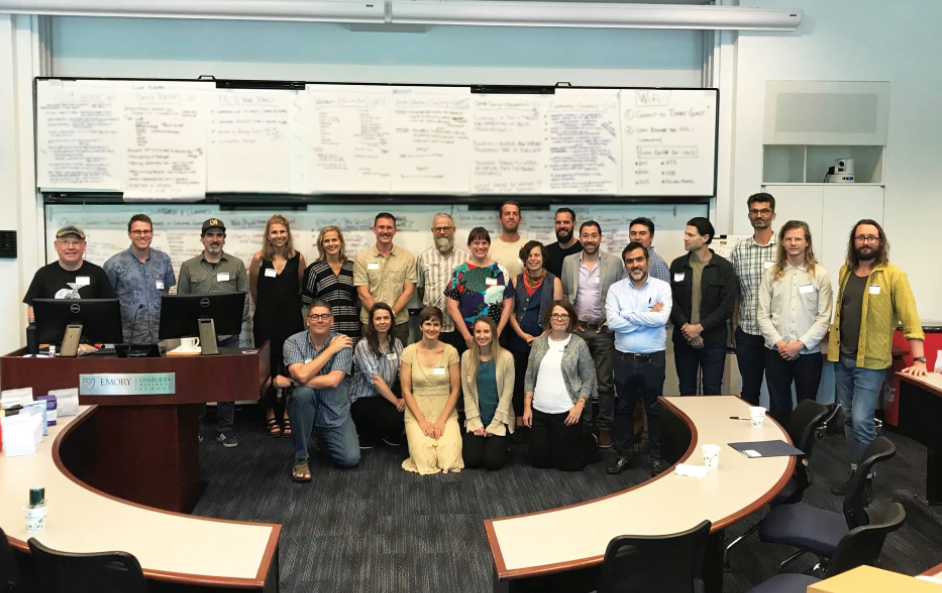
Specialty-coffee people around the world are motivated to make change to our corner of the industry, perhaps now more than ever: More and more we’re engaging in open conversations about the coffee price crisis, evaluating the existing coffee business models, considering our appeal to the consumer marketplace, and looking for potential positive solutions to the historically low C-market price for coffee, and low coffee prices overall.
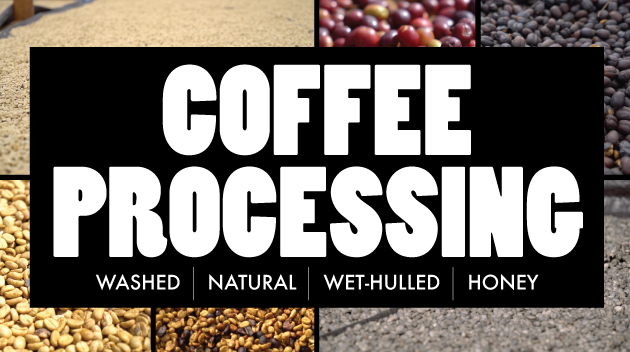
Coffee people are naturally curious, and we are no different at Cafe Imports: We love learning new things about this amazing plant, seed, and beverage, and we’re passionate about sharing any information we have on our Education page and through other free, accessible resources-like the brand-new Coffee Processing video series, which debuted last week on the Cafe Imports YouTube channel!
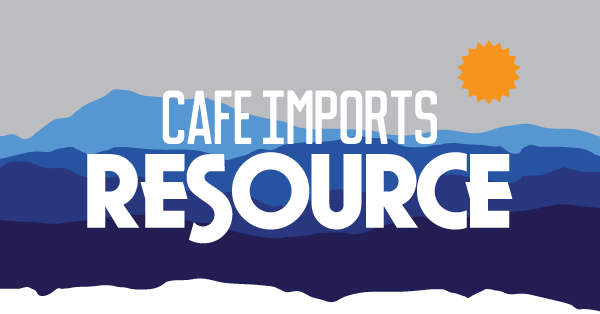
It’s a new year, a new crop, and a whole new selection of opportunities to shrink the distance between your roaster’s hopper and coffee’s source. We at Cafe Imports would like nothing more than to have you join us on our travels into the field (literally) as we seek, study, cup, and source the world’s finest specialty coffees. Throughout the year, we gladly invite our roaster partners along on visits to the producers, mills, and exporters with whom we work year in and year out, to develop personal connections and long-standing relationships, and, of course, to bring home the most delicious coffees we can find.
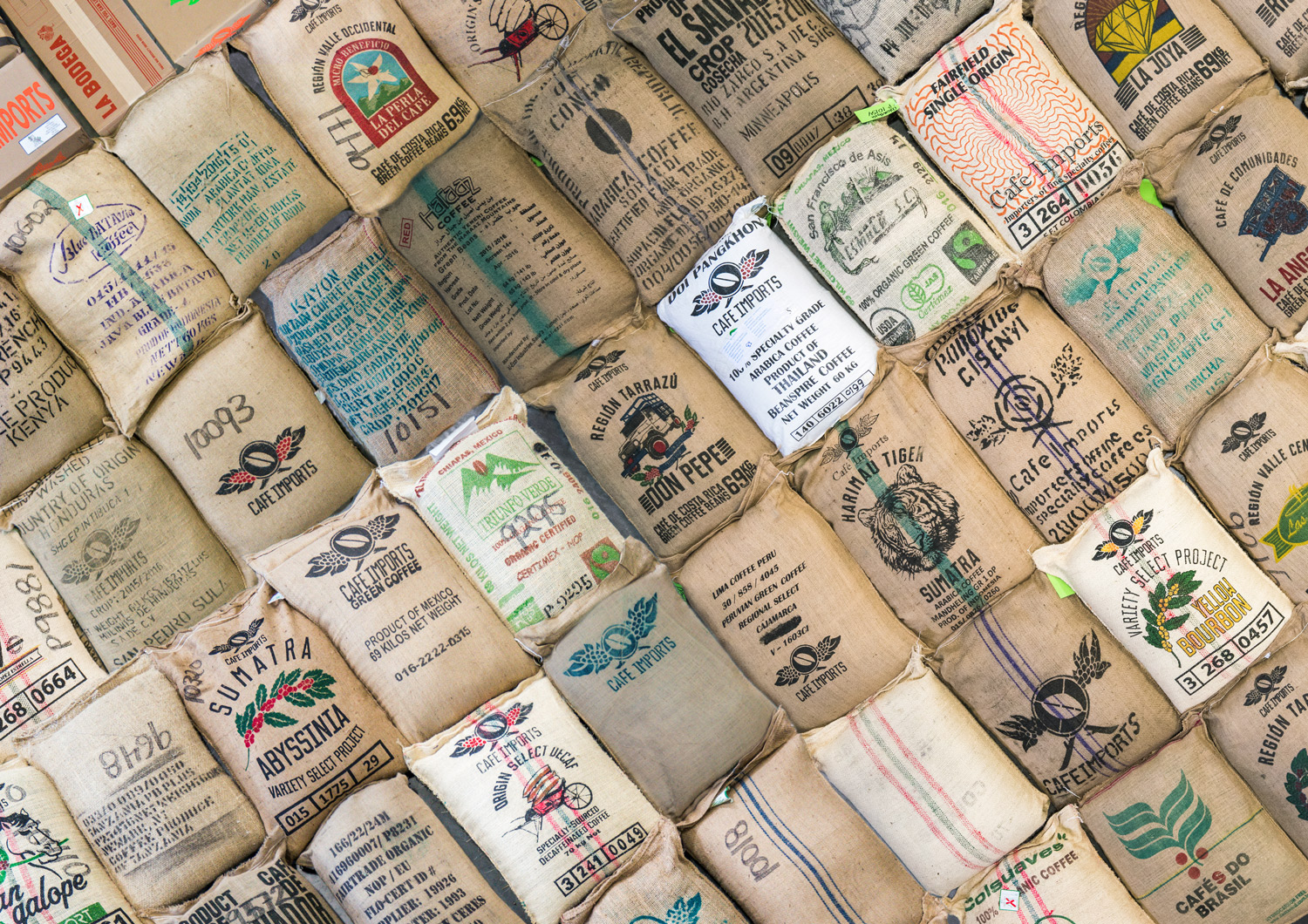
We are excited to introduce a new section to our webpage: “Purchase Planning.” This section can be accessed at cafeimports.com/purchase-planning, or under the “Purchasing Info” menu bar option on our homepage. While there is no real formula for how one company or another should approach purchasing coffee, we hope our Purchase Planning page will be a useful resource for roasters, not only to learn what tools and buying assistance Café Imports provides, but also which of those tools will best serve your company’s needs.